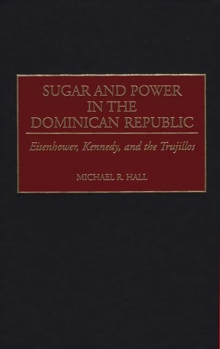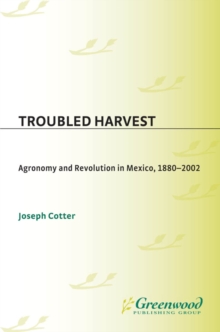
Exiles, Allies, Rebels : Brazil's Indianist Movement, Indigenist Politics, and the Imperial Nation-State PDF
by Treece David Treece
Part of the Contributions in Latin American Studies series
Description
This is the first global study of the single most important intellectual and artistic movement in Brazilian cultural history before Modernism. The Indianist movement, under the direct patronage of the Emperor Pedro II, was a major pillar of the Empire's project of state-building, involving historians, poets, playwrights and novelists in the production of a large body of work extending over most of the nineteenth century. Tracing the parallel history of official indigenist policy and Indianist writing, Treece reveals the central role of the Indian in constructing the self-image of state and society under Empire. He aims to historicize the movement, examining it as a literary phenomenon, both with its own invented traditions and myths, and standing at the interfaces between culture and politics, between the Indian as imaginary and real.
As this book demonstrates, the Indianist tradition was not merely an example of Romantic exoticism or escapism, recycling infinite variations on a single model of the Noble Savage imported from the European imaginary. Instead, it was a complex, evolving tradition, inextricably enmeshed with the contemporary political debates on the status of the indigenous communities and their future within the post-colonial state. These debates raised much wider questions about the legacy of colonial rule-the persistence of authoritarian models of government, the social and political marginalization of large numbers of free but landless Brazilians, and above all the maintenance of slavery. The Indianist stage offered the Indian alternately as tragic victim and exile, as rebel and outlaw, as alien to the social pact, as mother or protector of the post-colonial Brazilian family, or as self-sacrificing ally and voluntary slave.
Information
-
Download - Immediately Available
- Format:PDF
- Pages:288 pages
- Publisher:Bloomsbury Publishing (USA)
- Publication Date:30/04/2000
- Category:
- ISBN:9780313030567
Information
-
Download - Immediately Available
- Format:PDF
- Pages:288 pages
- Publisher:Bloomsbury Publishing (USA)
- Publication Date:30/04/2000
- Category:
- ISBN:9780313030567










